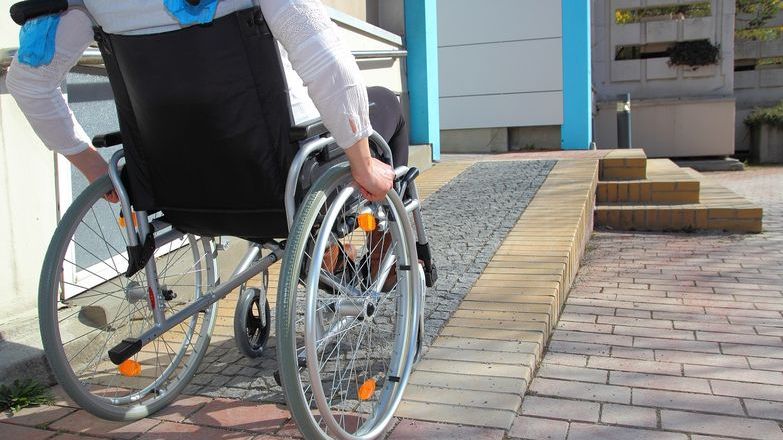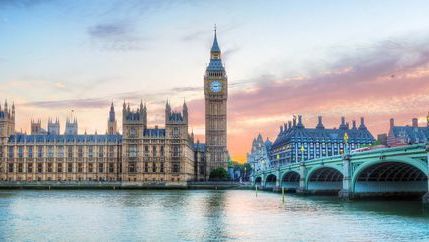
This will involve implementing legislation passed in 2010 under the Equality Act 2010, to place a duty on landlords following the publication of the National Disability Strategy in 2021.
UK Government announces National Disability Strategy
The strategy aims to improve the everyday lives of disabled people by ensuring that barriers across society are tackled – including housing.
The consultation aims to determine how this requirement should be regulated, and what guidance should be included to help both landlords and disabled tenants make properties more accessible.
Property within scope
The legislation would apply in all non-freehold housing sectors (leasehold-owned, the private rented sector and housing provided by local authorities and housing associations) where the premises have common parts, subject to certain exceptions:
- Small premises (defined under paragraph 3 of Schedule 5 to the Act)
- the landlord or manager of the property or a relative of that person resides in another part of the premises and intends to carry on living there
- the premises include parts (other than storage areas and means of access) shared with residents of the premises who are not members of the same household as the landlord (or a relative of the landlord) or manager of the property
- temporary short-term accommodation provided through a licence
- accommodation such as hostels and bed and breakfasts, where there is no lease agreement
- short-stay accommodation such as holiday lets if the person staying at the property normally lives elsewhere
Responsibility for costs
A key aspect of the consultation relates to who pays for the changes to a property. As currently drafted, the legislation provides for the landlord to insist that the disabled tenant pays for both the installation and maintenance of the change required and removal and restoration when they vacate the property if needed. However, this is not yet a firm policy, and views on alternative models for costs such as being shared between the landlord and tenant and between all tenants in the property are being sought.
If the disabled tenant is required to pay some or all the costs, they may be able to get help with this from their local authority. The consultation also suggests that tenants seeking adjustments should obtain estimates of costs before approaching their landlord.
Legal requirements
Landlords will then be required by law to engage with requests for adjustments, consider whether they are reasonable, and consult with other affected tenants. Where an adjustment is agreed upon, it will become the subject of a legally binding agreement. If the landlord refuses an adjustment the tenant can seek informal resolution, or take the issue to the County Court.
Consultation responses
Propertymark will be responding to the consultation and welcome any views from members via [email protected]. Agents and landlords are encouraged to input into the consultation too.
The consultation closes on 18 August 2022.





